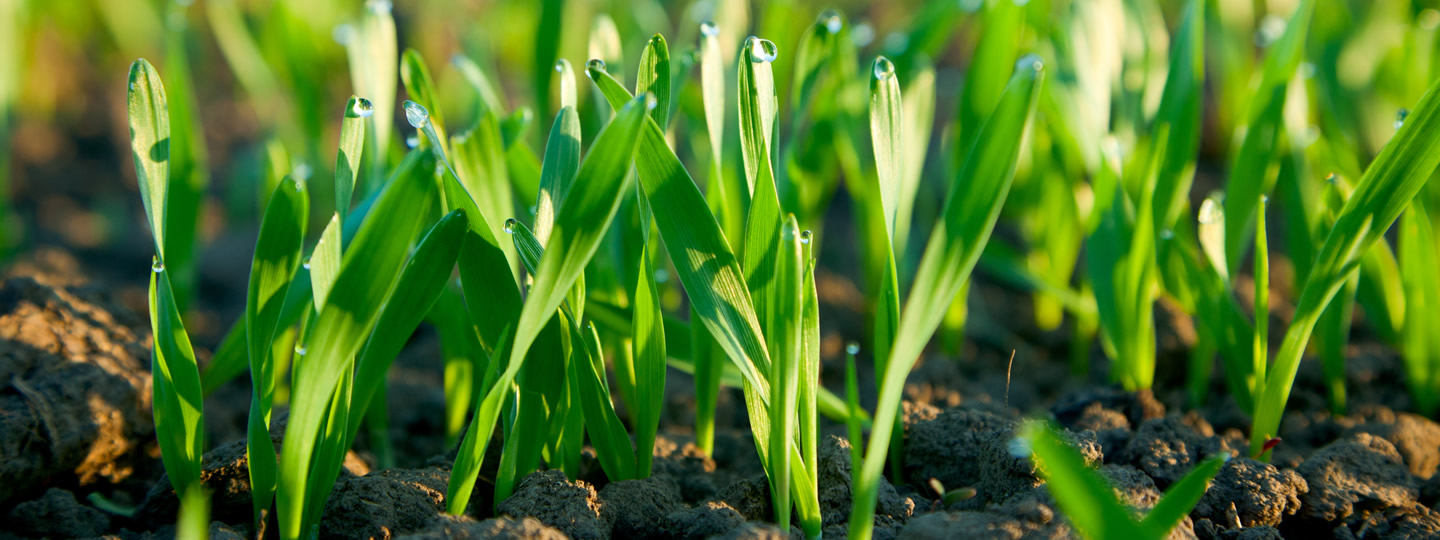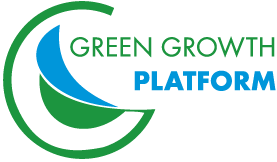 The Government alone cannot resolve all environmental issues in one country. Having non profit organizations that care about these environmental questions is crucial for survival and protection of the environment. As a NGO, GGP is interacting with Governments and Internal intergovernmental organization in shaping international environmental policies and resolving environmental and security issues in many different areas.. With creating awareness among the public and facilitating the participation of various categories of stakeholders there is always a discussion on current environmental issues and solutions for those issues.
The Government alone cannot resolve all environmental issues in one country. Having non profit organizations that care about these environmental questions is crucial for survival and protection of the environment. As a NGO, GGP is interacting with Governments and Internal intergovernmental organization in shaping international environmental policies and resolving environmental and security issues in many different areas.. With creating awareness among the public and facilitating the participation of various categories of stakeholders there is always a discussion on current environmental issues and solutions for those issues.
Green Growth Platform is involved in protecting the natural resources and entrusting the equitable use of resources, data generation on natural resources, analysis and monitoring of environmental quality, transferring these information from data generation and monitoring through web pages, brochures, articles, audio visuals, etc.
Despite this transfer of data our platform is organizing seminars, lectures and group discussion for promotion of environmental awareness and helping farmers and administrative in preparation, application and execution of projects on environmental protection.
We believe that cultivation of the environmental question in all of the economic activities is essential for achieving sustainable growth in the long run. Therefore that compliance of national environmental standards with those that are broadly accepted is another important ground in all of the GGP projects.
Major concerns of Green Growth Platform are issues like future of environmental protection (which includes activities like prevention of environmental deterioration as a result of human activities, control of human activities that contribute towards deterioration of our environment, initiation measures for the improvement of our environment and increasing public awareness about the state of our environment), sustainable development and zero population growth.
Areas of activity
Agriculture is the largest consumer of the world's freshwater resources, requiring 70% of available supply of which almost 40% are used for rice production. Given the fundamental role of water in agriculture, the scope of water management is both wide-ranging and complex, a complexity that is partially reflected in:
- » Farm level;
- » Irrigation systems or catchment level;
- » National or river basin level.
Under rain-fed agriculture, improved water management can be achieved through water harvesting, soil management practices that result in the capture and retention of rainfall and through soil fertility and crop management innovations.
Solutions:
- » Innovations and technologies that reduce crop water stress through retention of rainfall or application of irrigation water;
- » Supplemental irrigation designed to reduce or eliminate the risk of crop water stress and yield reduction;
- » Irrigation strategies that reduce the amount of water required and reduce energy consumption for pumping; and
- » Innovations that increase water availability or optimize water use through greater use efficiency in rain-fed agriculture or irrigation systems.
Waste management is all about how to dispose of the outputs that are not needed or we do not want them on the farm. Production, storage, processing and consumption of agri-food products inevitably generates wastes. In most cases, it is natural by-products of crop and livestock production, such as crop residues and animal manures, which in many cases are readily, recycled through natural ecosystem processes.
GGP vision is to move “beyond agro-food waste” – whether if it's farm strategies for recycling crop and livestock production wastes or community and regional strategies for completing the carbon and nutrient re-cycle at a regional and national level.
Solutions:
- » GGP team can provide practical information how to maximize the benefits and minimize the negative impacts of waste management;
- » Doing research focused on improved management of on-farm and off-farm organic recycling technology and recovery of value-added products;
- » Consultancy on potential environmental risks associated with some waste management practices;
- » Creating strategy and guidelines for reducing the amount of waste product generated;
- » Strategy for reusing waste product on the farm or other use and after reducing and reusing as much of the waste product as possible, recycle the product either on-farm or off-farm.
The European Union has put in place a broad range of environmental legislation where the air, water and soil pollution has significantly been reduced in the past decades. Chemicals legislation has been modernized and the use of many toxic or hazardous substances used by agriculture producers has been restricted or minimized on very low level. Today, EU citizens enjoy some of the best water quality in the world and over 18% of EU's territory has been designated as protected areas for nature.
The 7th Environment Action Program (EAP) will be guiding European environment policy until 2020. In order to give more long-term direction that sets out a vision beyond that of where it wants the Union to be by 2050 it identifies three key objectives :
- » to protect, conserve and enhance the Union’s natural capital
- » to turn the Union into a resource-efficient, green, and competitive low-carbon economy
- » to safeguard the Union's citizens from environment-related pressures and risks to health and well being.
Four so called "enablers" will help Europe deliver on these goals:
- » better implementation of legislation
- » better information by improving the knowledge base
- » more and wiser investment for environment and climate policy
- » full integration of environmental requirements and considerations into other policies
Focus area of environment policy integration:
- » Policy related to climatic changes and efficient land use are areas where GGP team works and has capacity to think across sector and environmental policy domains such as those on bio energy, soil carbon sequestration, urban planning, etc.;
- » Our team has experience and capacity to develop policy instruments to support the transition to greener economy, including the use of environmental taxes and tax reforms, environmentally harmful subsidies in the agricultural sector and explore the setting of incentives that reward environmentally progressive behavior among the community;
- » GGP team have capacity to development and uptake indicators of sustainability that take into account the environmental and social factors contributing to human well-being and animal welfare; and
- » Through development of policies and expert services, we aim to support the conservation and restoration of biodiversity, through different consultancy on better regulations, cost-effective agro-environment schemes and utilization of other EU funds that provide assets for biodiversity protection.
Solutions:
- » GGP team has several research and expertise areas covering a wide range of European “The 7th Environment Action Program (EAP)” and related Western Balkans policies;
- » GGP team provide solutions in term of policy research, analysis and consultancy that focus on farming and agro-food processing that can help to protect national natural resources and the wide range of environmental services and tools complementary for their support;
- » The expertise and services of the GGP team ranges from large-scale research projects to detailed analysis of specific aspects of legislation.
The agriculture sectors rely on natural resources and cycles as its primary inputs. Resources such as water, soil and biodiversity underpin the functioning of ecosystems and the farmland. As demands on these resources rise up in the last century, we risk depleting them beyond the limits and undermining the future and benefits they generate for farming community.
New agribusiness models can be created by optimizing the use and re-use of the natural resources and become more economic and sustainable in the long term, reducing risks linked to external inputs and commodity prices; reducing the pressure on the resources.
The circular agriculture is an option to create and manage alternative agricultural processes and food products. The circular agriculture approach in near future will become attractive for small-scale businesses in order to make the most of their innovation potential to be more competitive, maintain employment and create green growth jobs in rural areas.
Consumer education is one of the key importance in the circular agriculture in order to provide more attention and visibility to nutritional and taste-quality aspects. There are opportunities across the food chain to reduce food waste, from the farm through processing, retail chained end-user.
GGP team have long-term vision to move towards a more circular agriculture and brings many opportunities for the agriculture sectors. The team aim is to provide with expertise all involved parties in the agricultural sector.
Solutions:
- » Reducing costs through more sustainable using of the locals resources and making sufficient waste management.
- » Preservation and enhancement of natural capital by balancing renewable resource flows;
- » Optimizing natural resource yields by circulating products, components and materials;
- » Encouraging interaction between farmers and decision-makers, understanding the value of the natural resources and making the most of agriculture unavoidable wastes.
- » Strategy for new income streams and jobs creation in the rural areas by utilizing new circular resources and opening up new market horizons.
- » Reducing exposure to risk from prices volatility or changes in the policy, by transitioning to more resource efficient agribusiness models.
CSA is defined and wider accepted approach that is used for transforming and reorienting agricultural development under the new realities of climate changes and sustainable increasing of productivity, enhances resilience, reduces CO2 emission and enhances achievement of the sustainable development goals.
Opposite of the conventional agriculture, CSA systematically integrates climate change practices in the development of sustainable agricultural and food systems. CSA should not be taken as a complex system of practices and technologies. There are different stages and fields that are clustered from the development of technologies and practices to the elaboration of climate change models and scenarios, information technologies, insurance schemes, value chains and strengthening of governmental institutions.
Solutions:
- Soil Management
- » Improve soil fertility;
- » Water availability and reduce the loss of nutrient from the soil; reduce the risk of soil erosion;
- » Contour ploughing or contour tillage with tied ridges or zero tillage;and
- »Surface mulching.
- Crop production
- » Greater drought tolerance and shorter-duration varieties;
- » Breeding for resistance to the pests and diseases that are triggered by weather events; and
- » Development and planting of heat-tolerant, drought-tolerant or salinity-tolerant crop varieties,
-
Livestock management
- » Improving animal health;
- » Appropriate vaccination programs and the use of more disease-resistant animals;
- » Increasing heat tolerance through breeding;
- » Reducing heat stress through effective animal cooling systems;and
- » Use of feed additives that modify the production of methane by ruminants.
